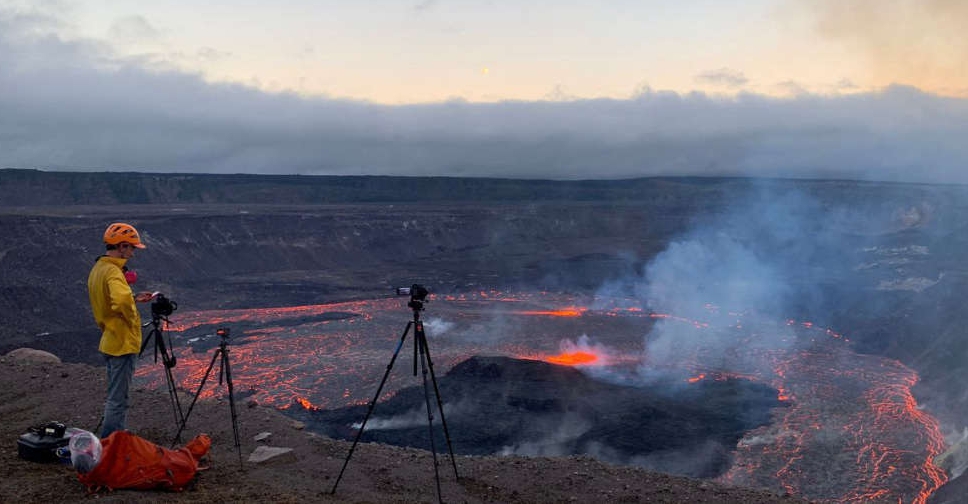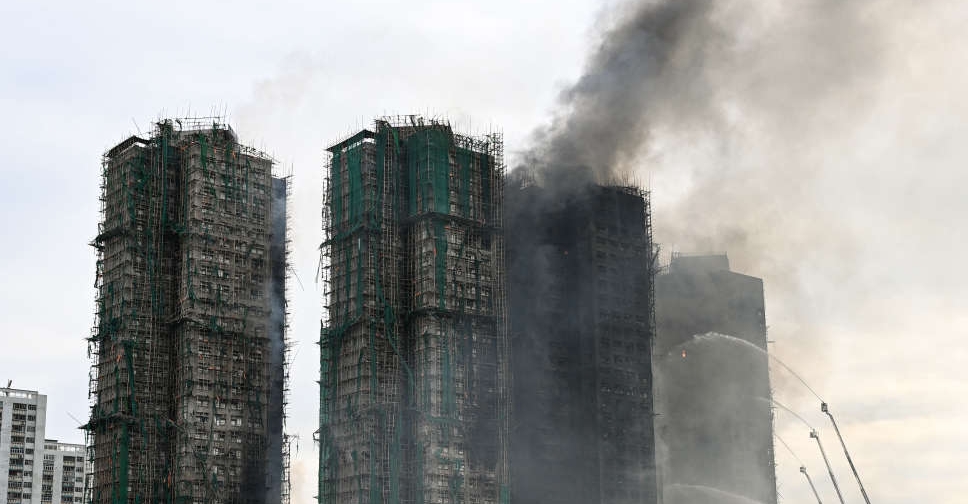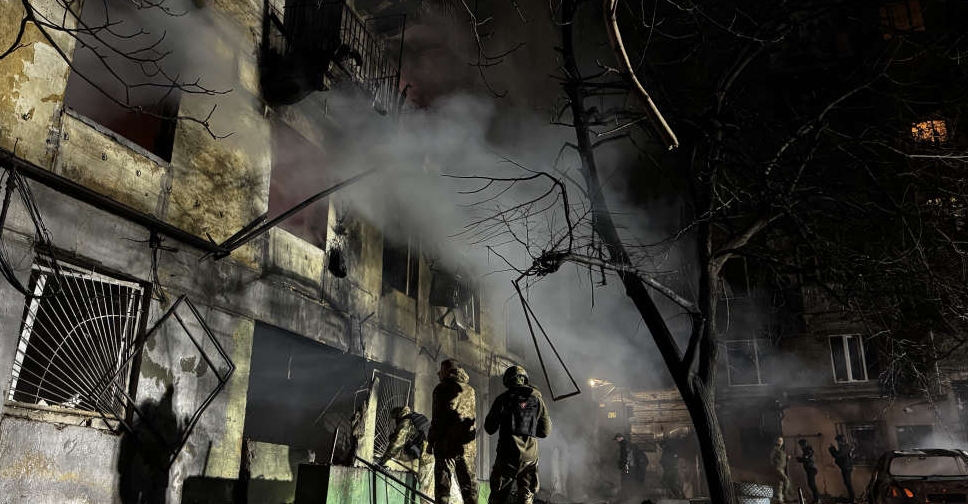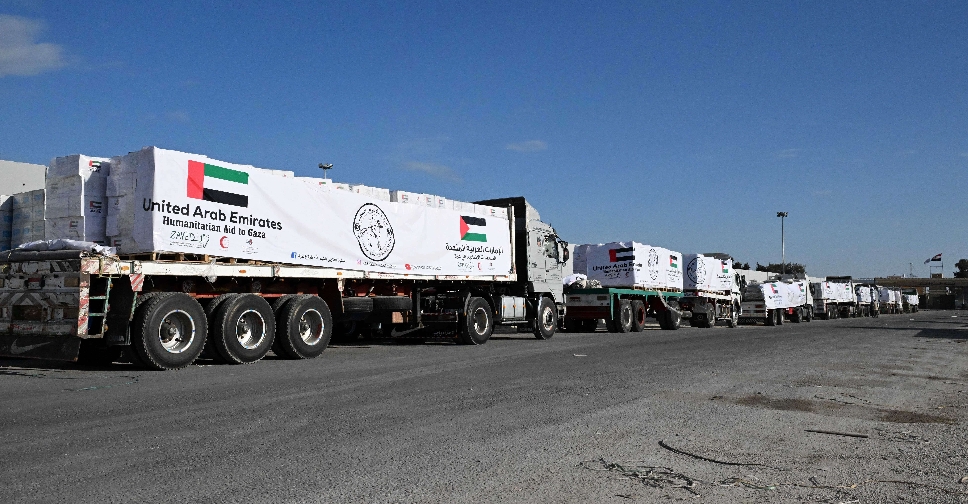
The Kilauea volcano in Hawaii has begun erupting, the U.S. Geological Service's volcanic activity notice said, after detecting a glow in the summit producing smog that is confined within the Hawaii Volcanoes National Park.
The volcano alert level was raised to 'Red' after an evaluation of the eruption and associated hazards, the notice said.
USGS said the volcanic gas, which consists of sulphur dioxide and other gases, could produce a visible haze of volcanic smog, known as 'vog', which has been observed in the downwind of Kilauea.
Vog has the potential to generate airborne health hazards for residents and visitors, causing breathing difficulties and also damaging agricultural crops.
Known to be the younger and more active neighbor of Mauna Loa, which erupted in November for the first time since 1984, the Kilauea volcano has been erupting since 2021.
However, Mauna Loa's eruption has had no impact and remains quiet, USGS said.


 Hong Kong police arrest three as apartment fire death toll rises to 44
Hong Kong police arrest three as apartment fire death toll rises to 44
 Peru sentences ex-President Vizcarra to 14 years in prison for corruption
Peru sentences ex-President Vizcarra to 14 years in prison for corruption
 Trump says South Africa won't get 2026 G20 invite
Trump says South Africa won't get 2026 G20 invite
 Army officers seize power in Guinea-Bissau
Army officers seize power in Guinea-Bissau
 Russian drones injure 19, cause extensive damage in Ukraine's Zaporizhzhia
Russian drones injure 19, cause extensive damage in Ukraine's Zaporizhzhia




